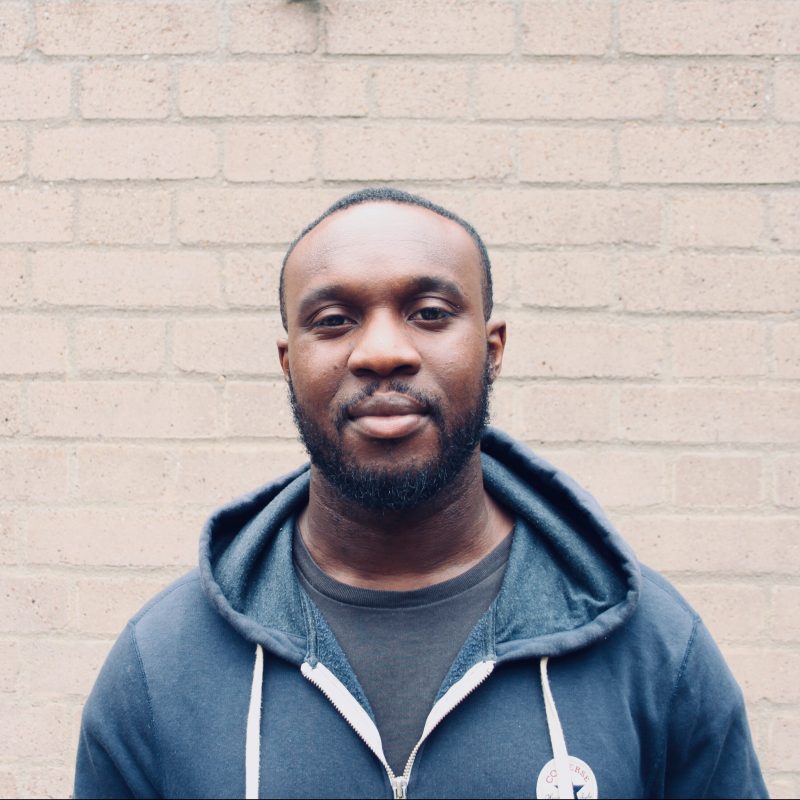
The Moving On Up project aims to improve the lives of young black men in Hackney by providing estate-based employment support and empowering young men to influence policy both, at a local and a pan-London level.
Key to this is the Inspirational Leaders, a group of young black men who deliver aspirational workshops in youth clubs and schools.
Why and how do you work with young black men?
Young black men are underachieving across the board. They are less likely to get a job, less likely to get housing, more likely to be excluded from school, more likely to go to prison. We are committed to redressing these statistics and to giving young black men better chances in life.
My job is to recruit people onto the Young Black Men Inspirational Leaders programme. When you google ‘young black men’ what comes up is stop and search, gangs, knives – negative things which are linked to a minority of people, but it takes up the majority of media space.
Young black men see these images, so we want to show them young black men doing positive things – men who are not involved in crime, who maybe turned their lives around, professionals who set up their own businesses.
We get them to deliver activities in the community, to raise people’s expectations, and show people other ways of living like by setting up a business. We train guys to become motivational speakers and lead inspirational workshops. They work with other young men to find out what interests they have, what drives them, and then work with them on an emotional and psychological level to help them make informed, positive decisions.
Alongside that work we also support our inspirational leaders. We pay them London Living Wage to deliver work and help them set up their businesses or get them into work.
We are working with ELBA (East London Business Alliance) on a Parity Project. Big corporate employers in central London have acknowledged they hardly have young black men working for them, and have committed to offer them genuine corporate opportunities. We are encouraging our leaders to join that programme.
Part of our work is also looking at racial identity. We are holding black identity workshops to make people learn black history and understand how they have come here. We have open discussions to give them more grounding and a deeper understanding of the issues they are facing. There is still a lot of institutional racism. Even if you go to university and get good grades, you are still 50% less likely to get a job. It’s uncomfortable to have these conversations, but if we want to see a real change we need to have them.
So that’s what we are doing – recruiting young black men, trying to challenge racism and influence policy while also giving hope.
‘Young Black Men in London’s Financial sector’. – read a report here.